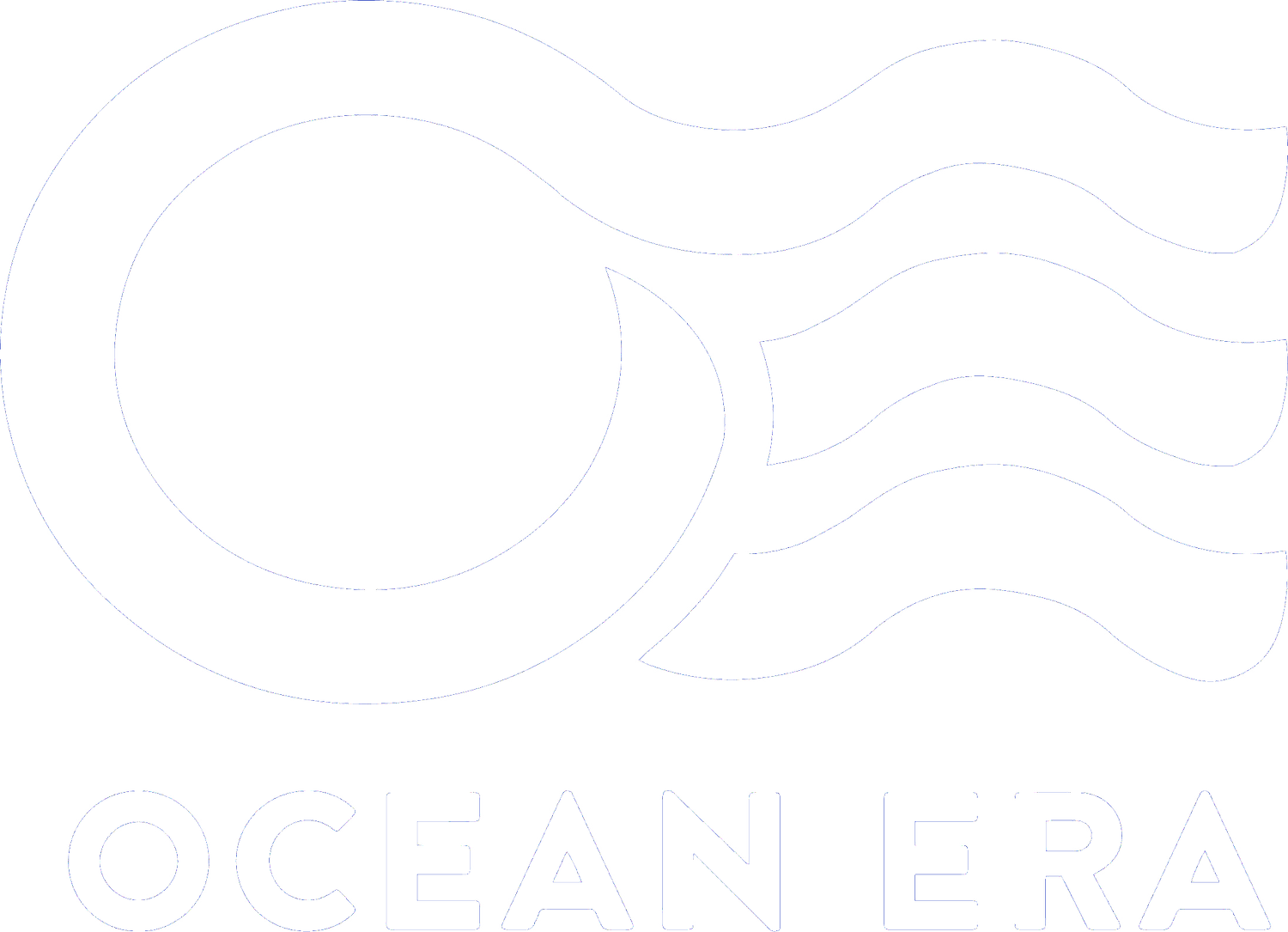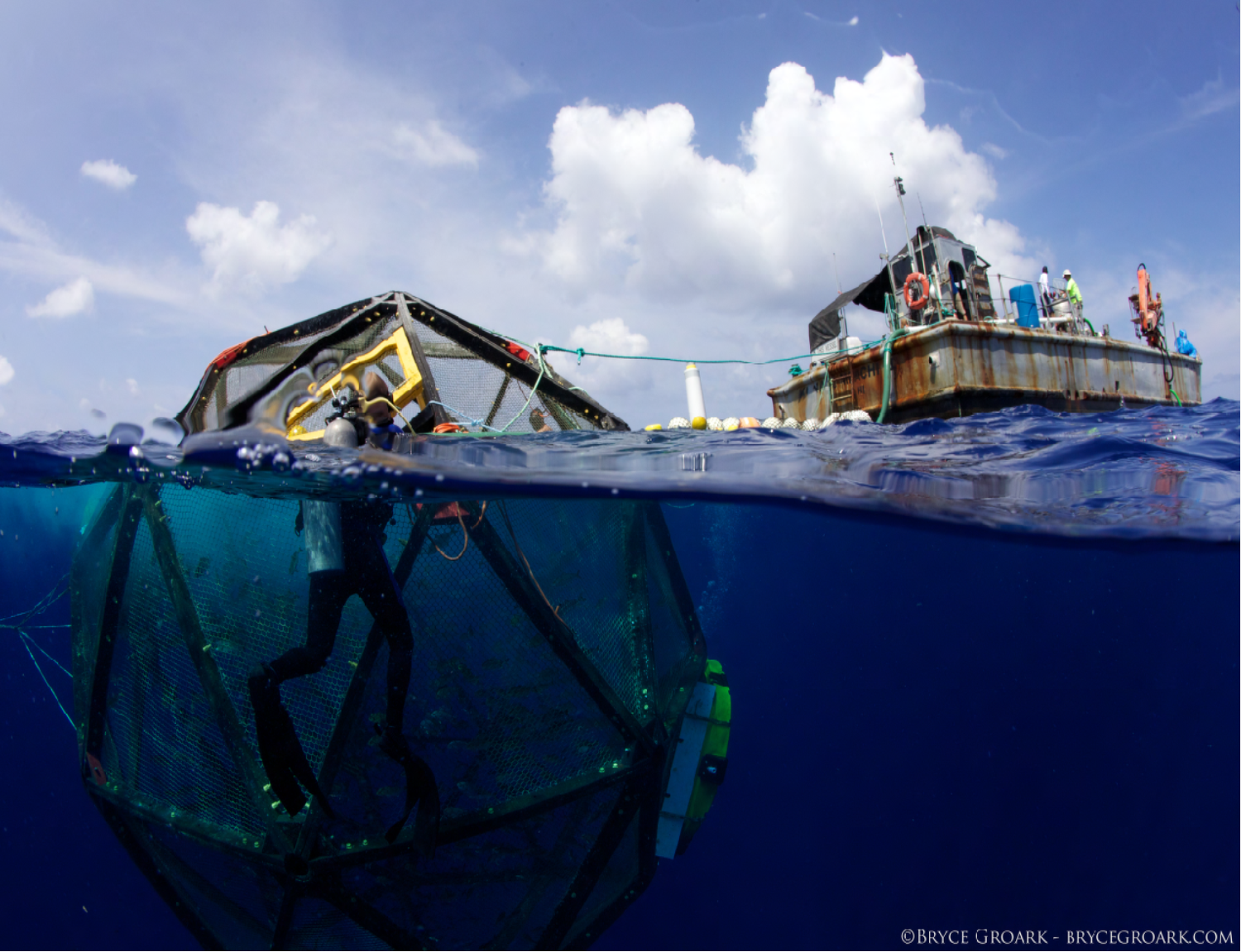
Velella Project

Ocean Era has successfully conducted two state-of-the-art offshore aquaculture trials in Federal waters around Hawaii. These trials tested numerous technologies necessary to take aquaculture “over-the-horizon.”
The Velella Beta test involved use of an unmoored, copper-alloy meshed Aquapod®, stocked with around 2,000 kampachi, attached only to a feed barge / tender vessel, which drifted with the currents, between 3 – 75 miles offshore of the Big Island. This was the world’s first unanchored net pen trial and was awarded one of TIME Magazine’s “25 Best Inventions of the Year” for 2012.
The Velella Gamma test used the same net pen, species and number of fish, but included a single-point mooring located in 6,000 ft deep water, some 6 nautical miles offshore of the Kona Coast. This trial used a remotely-controlled, unmanned feed barge to facilitate “over-the-horizon aquaculture”. Technicians could run the farm remotely, using an iPhone or iPad, and only needed to visit the site once a week to top up the feed in the hopper and the fuel in the generator.
The Velella Beta and Gamma demonstrated the potential of open-ocean aquaculture to produce outstanding finfish while having no significant impact on ocean ecosystems.
As part of a national initiative to increase U.S. aquaculture production in the next four years, Ocean Era has been awarded a grant in partnership with Florida Sea Grant to trial a new Velella net pen pilot project in the Gulf of Mexico. Read more about the Velella Epsilon project.
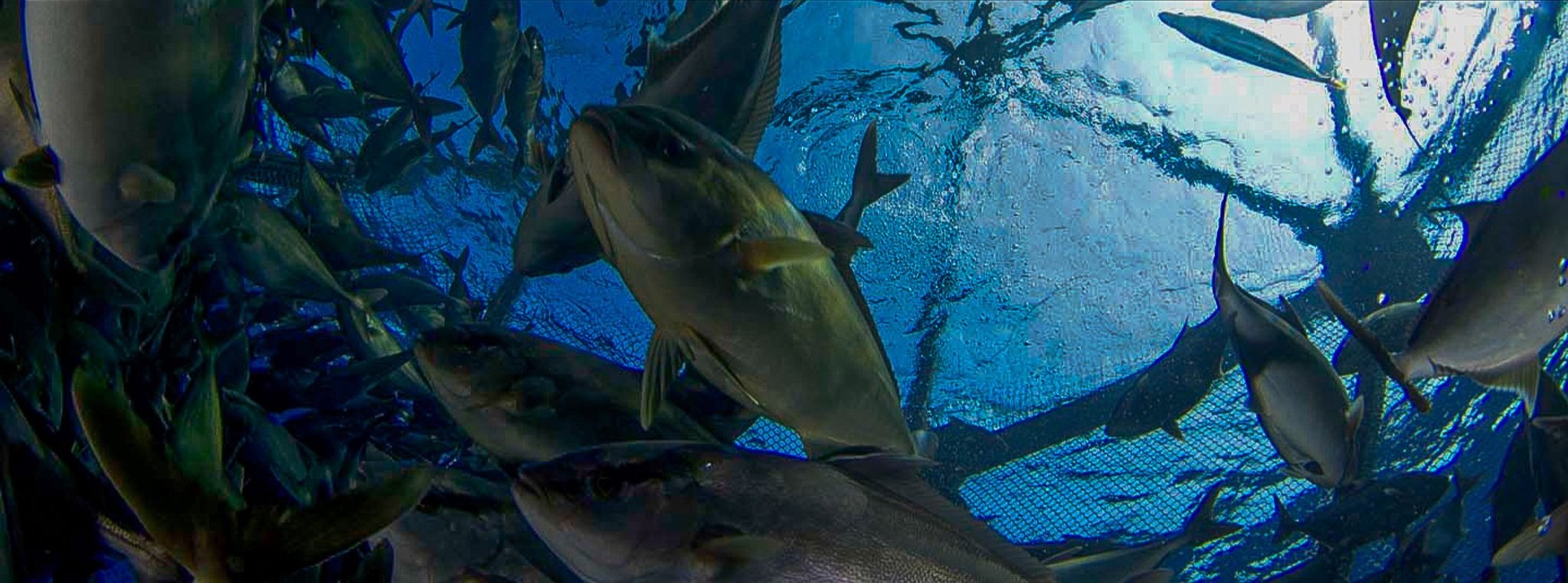
-
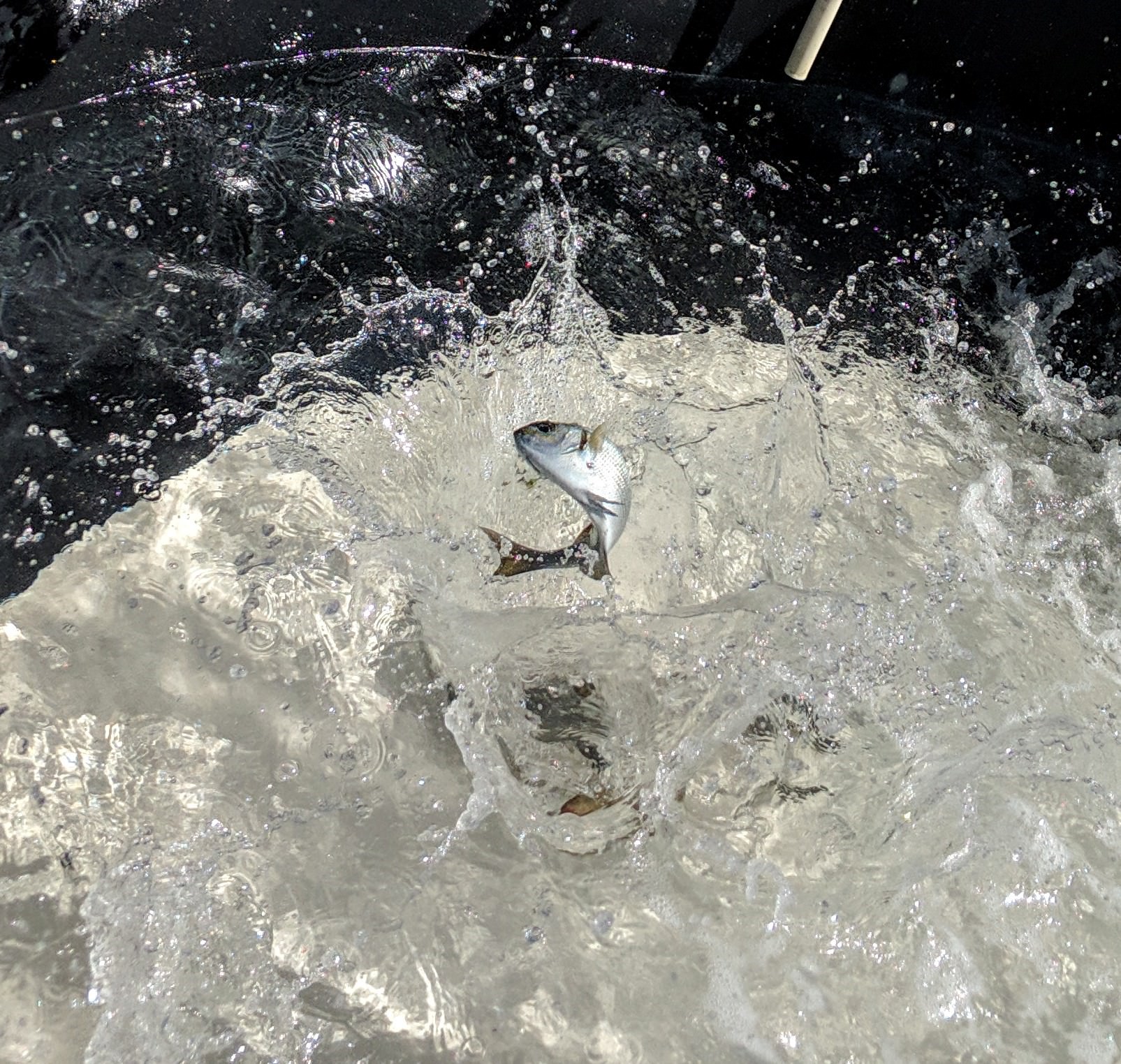
Our Research
From open ocean aquaculture to larval rearing.
-
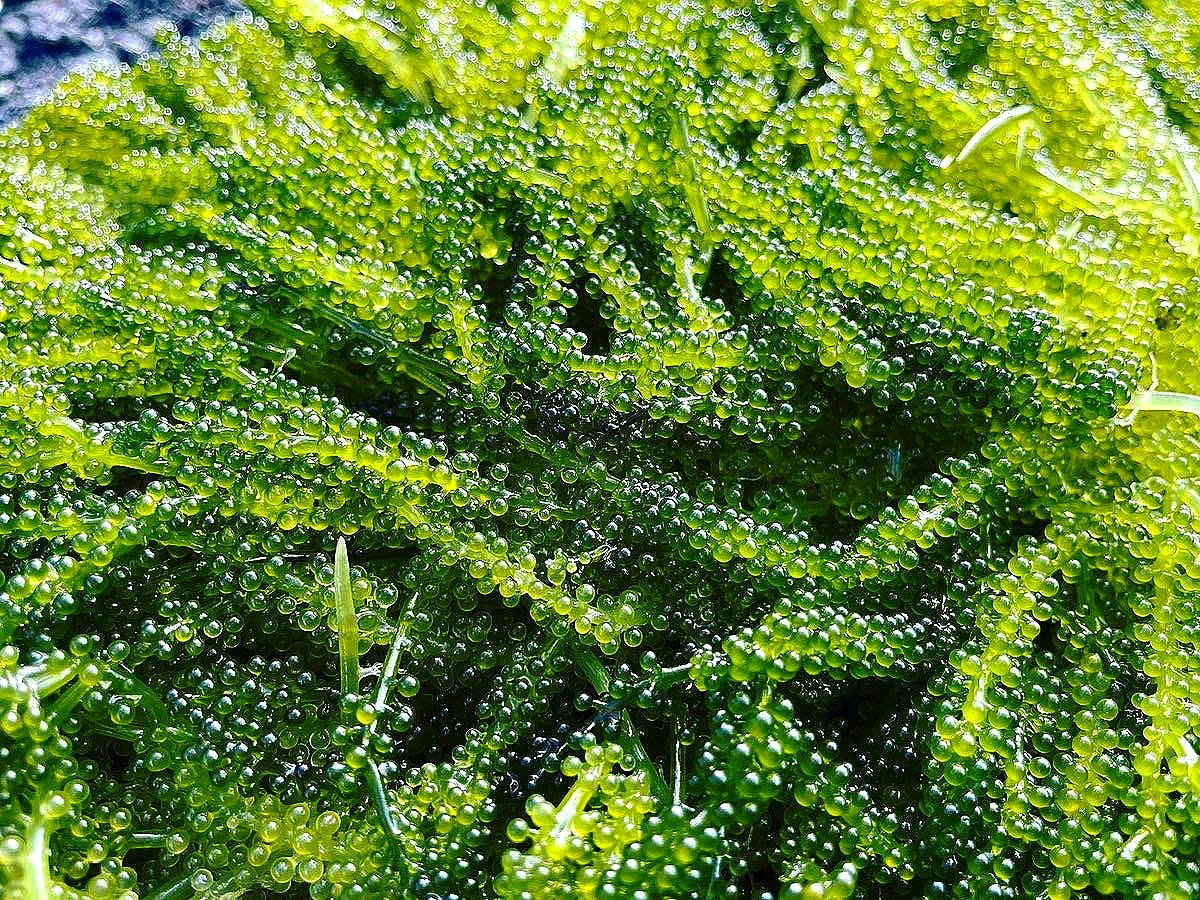
Our Products
Have you tried our “vegan caviar”?
-

Contact us
Located within the Natural Energy Laboratory of Hawaii main campus.
